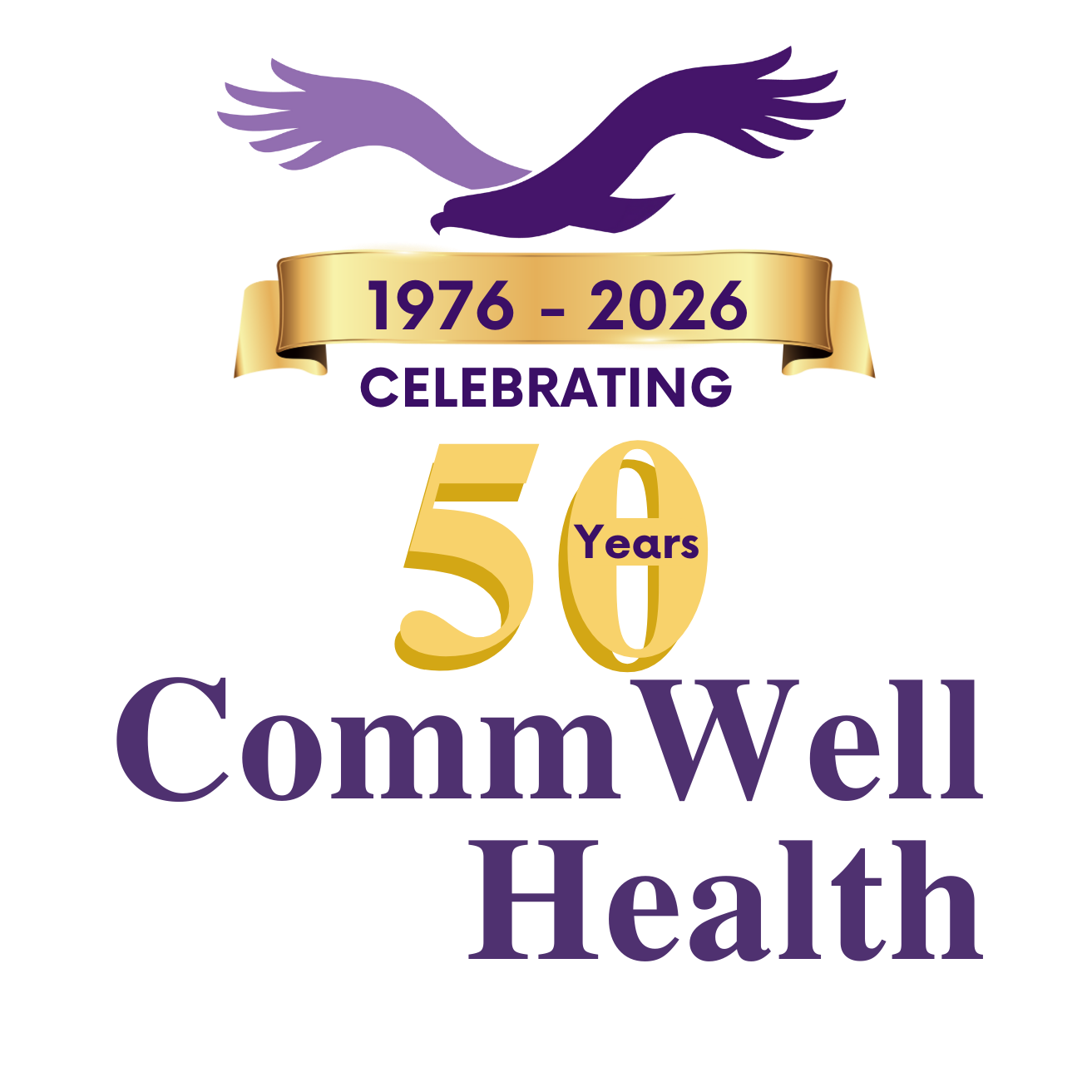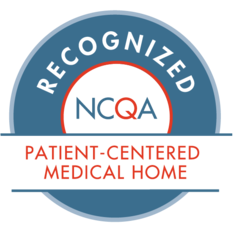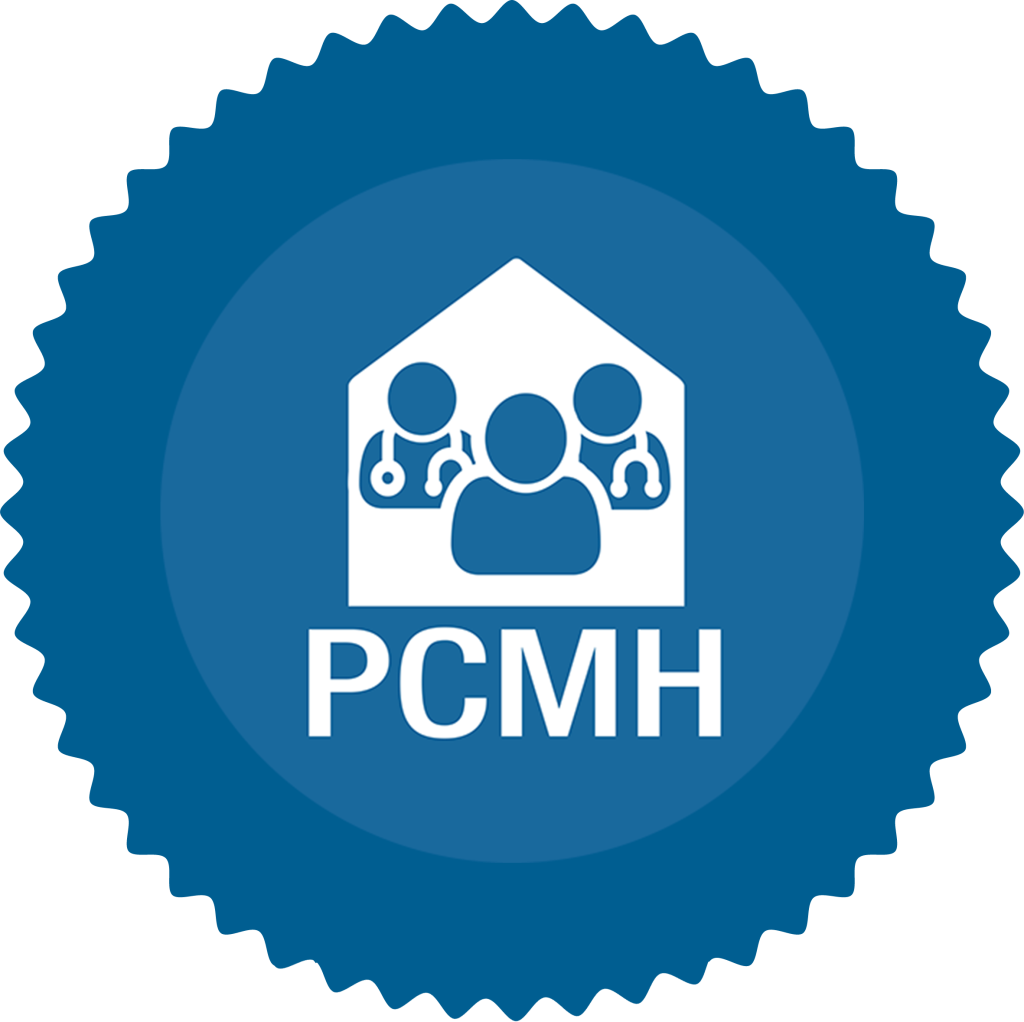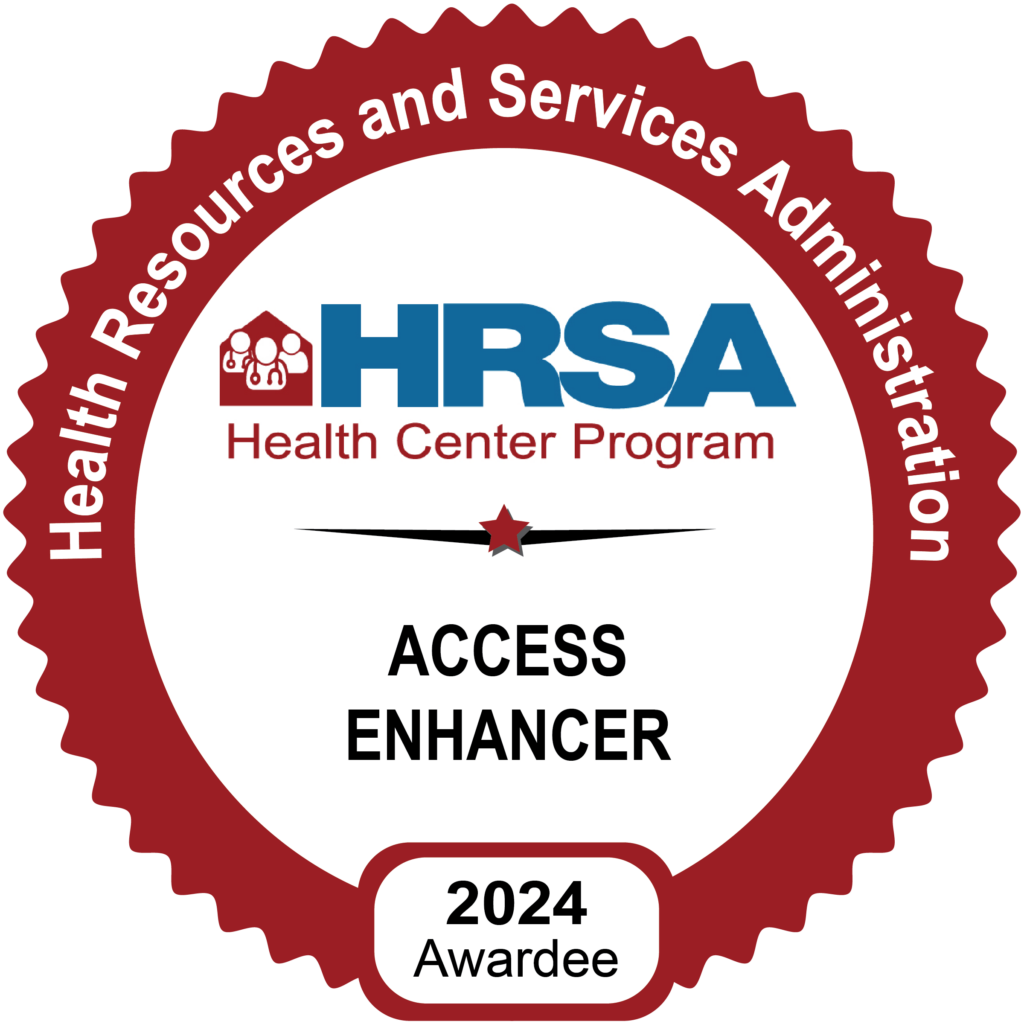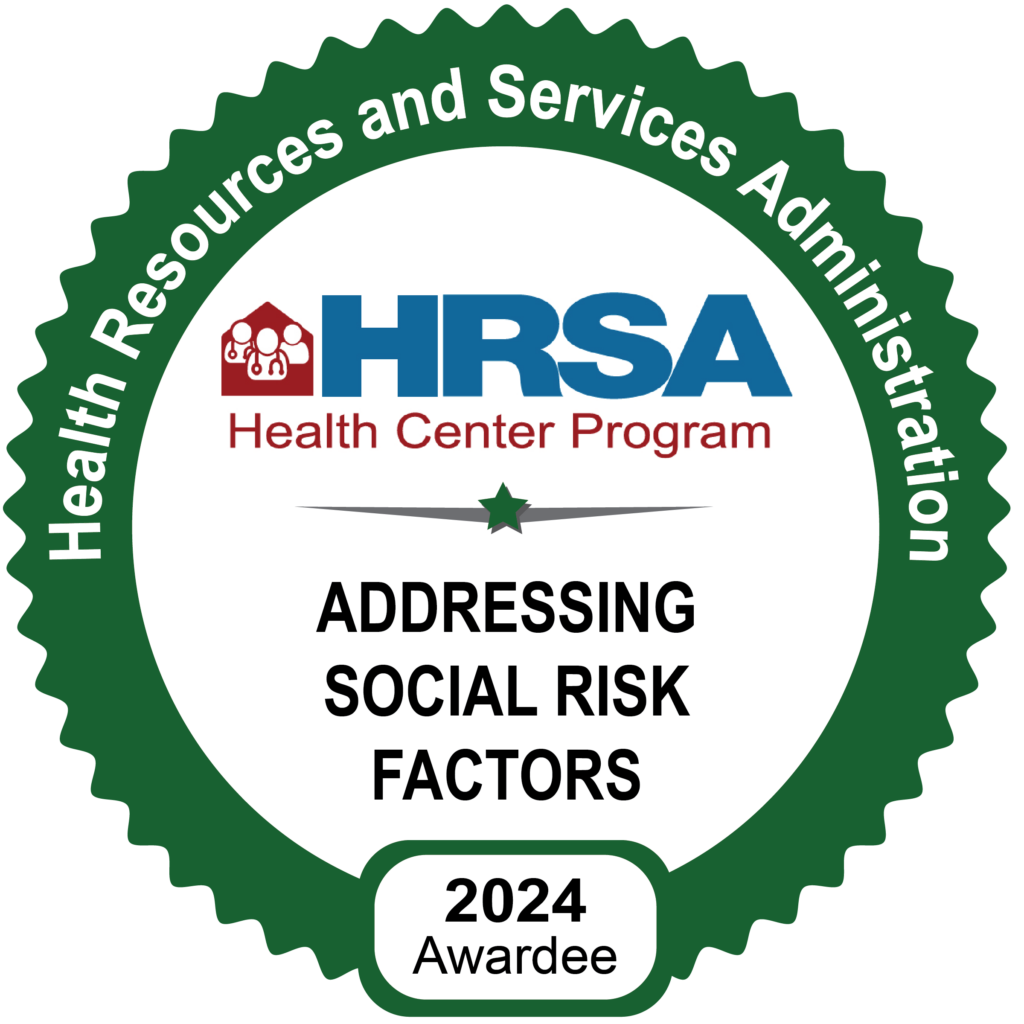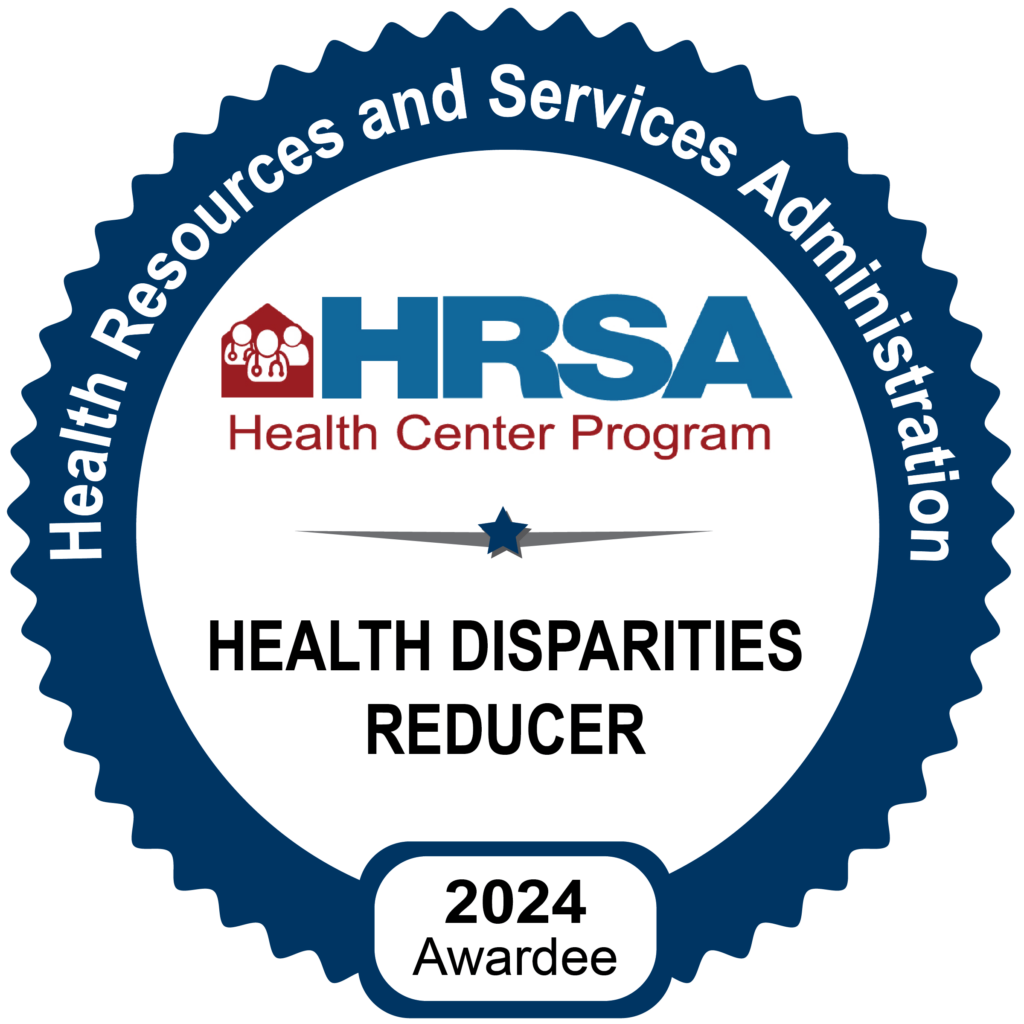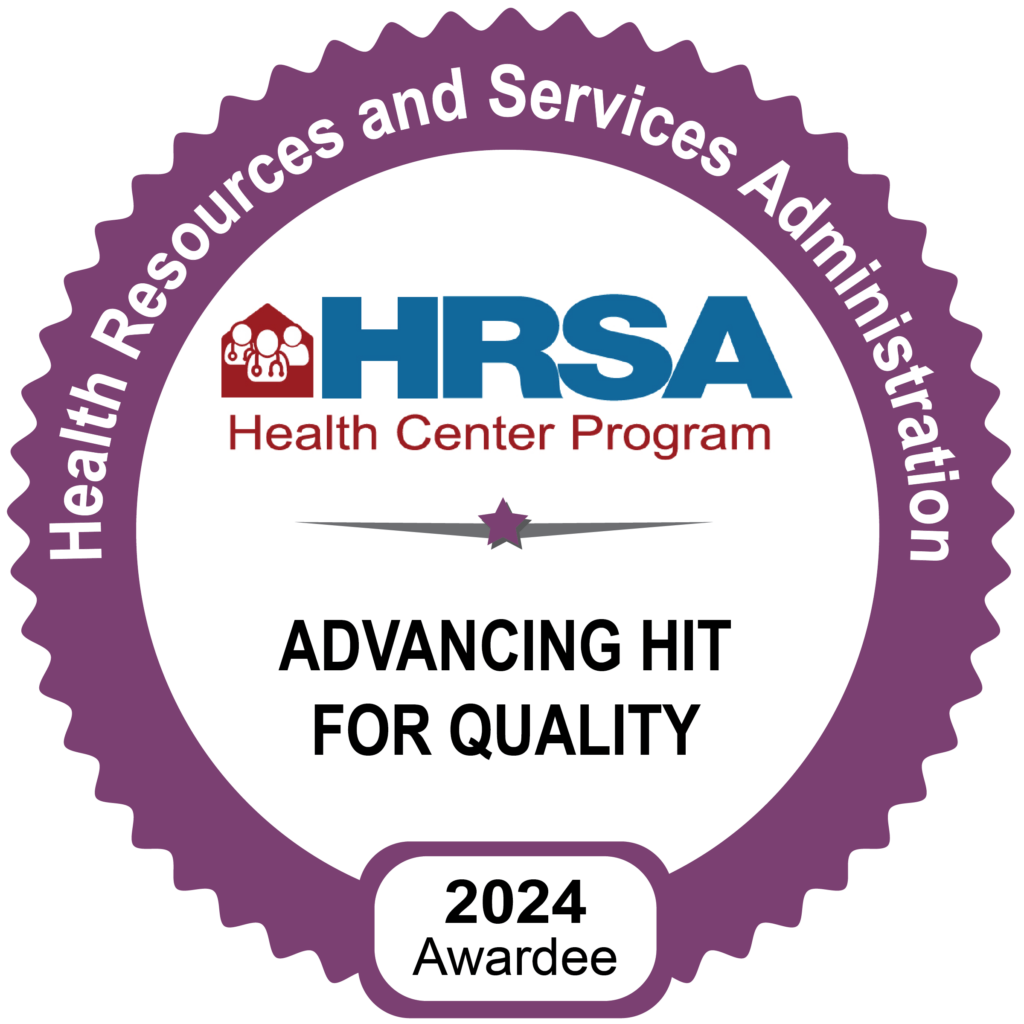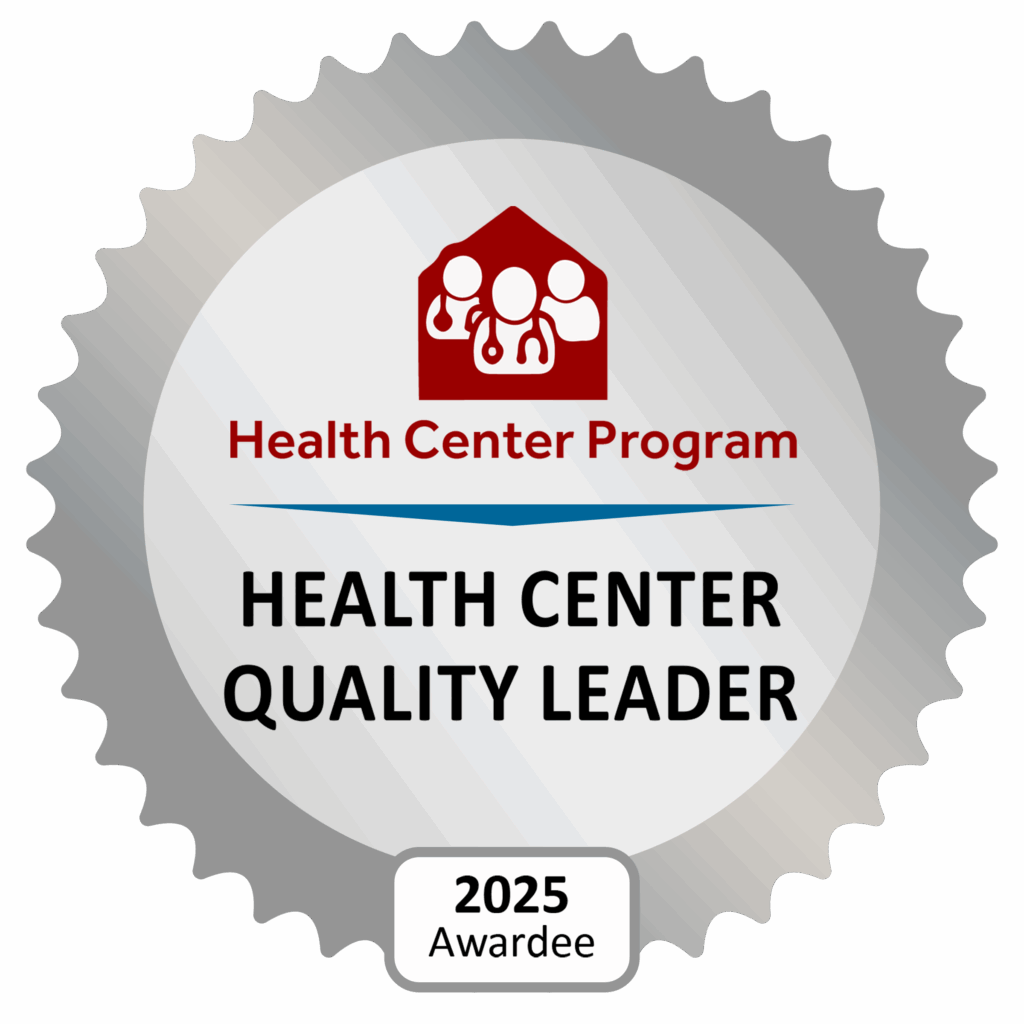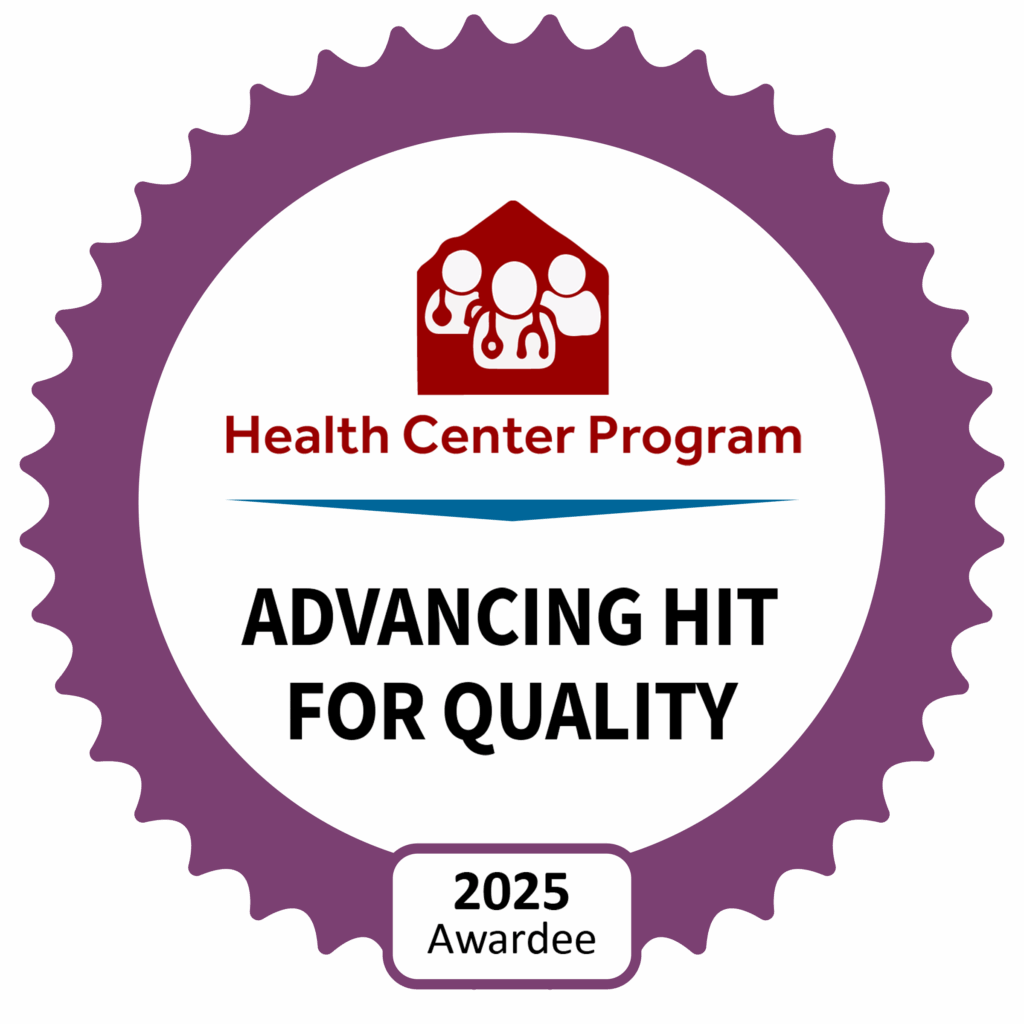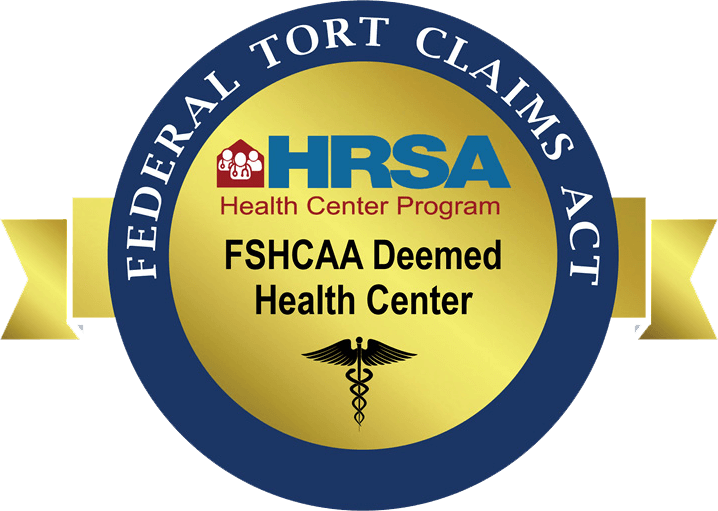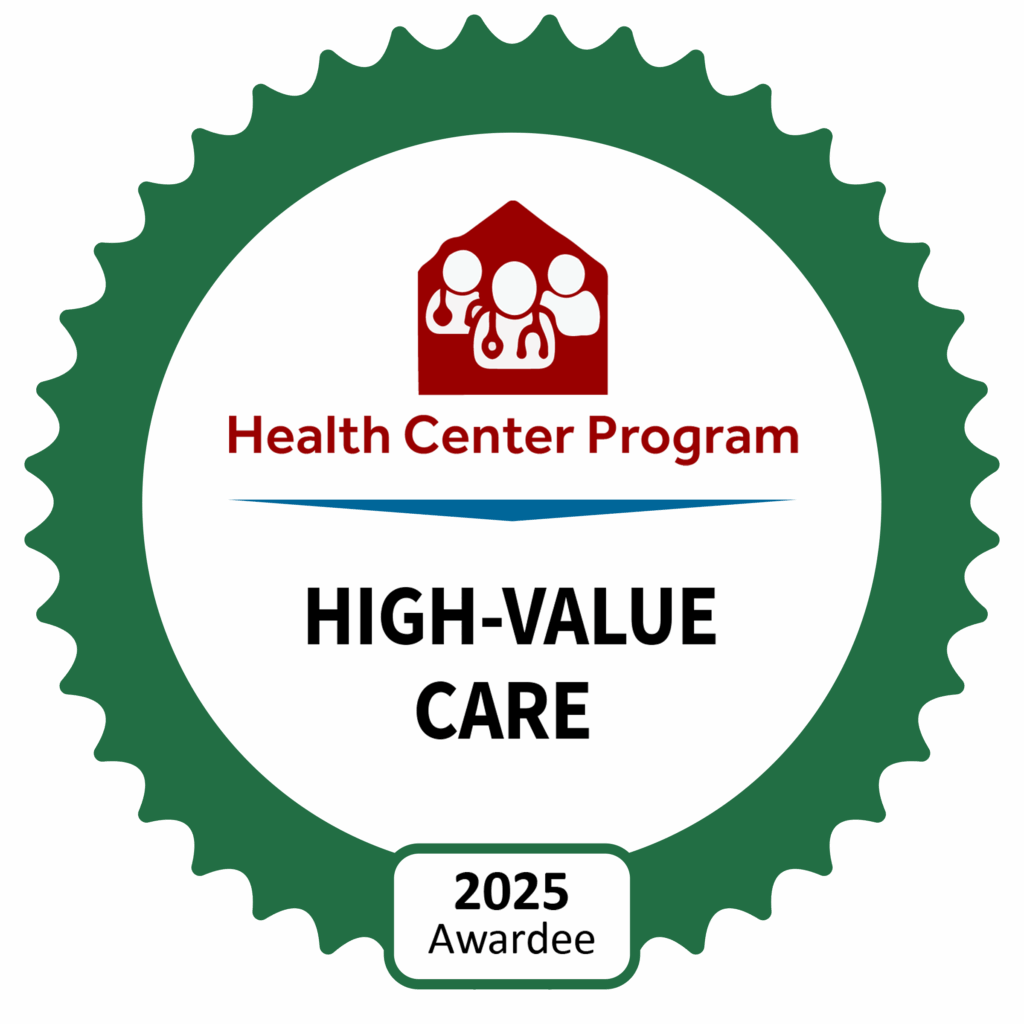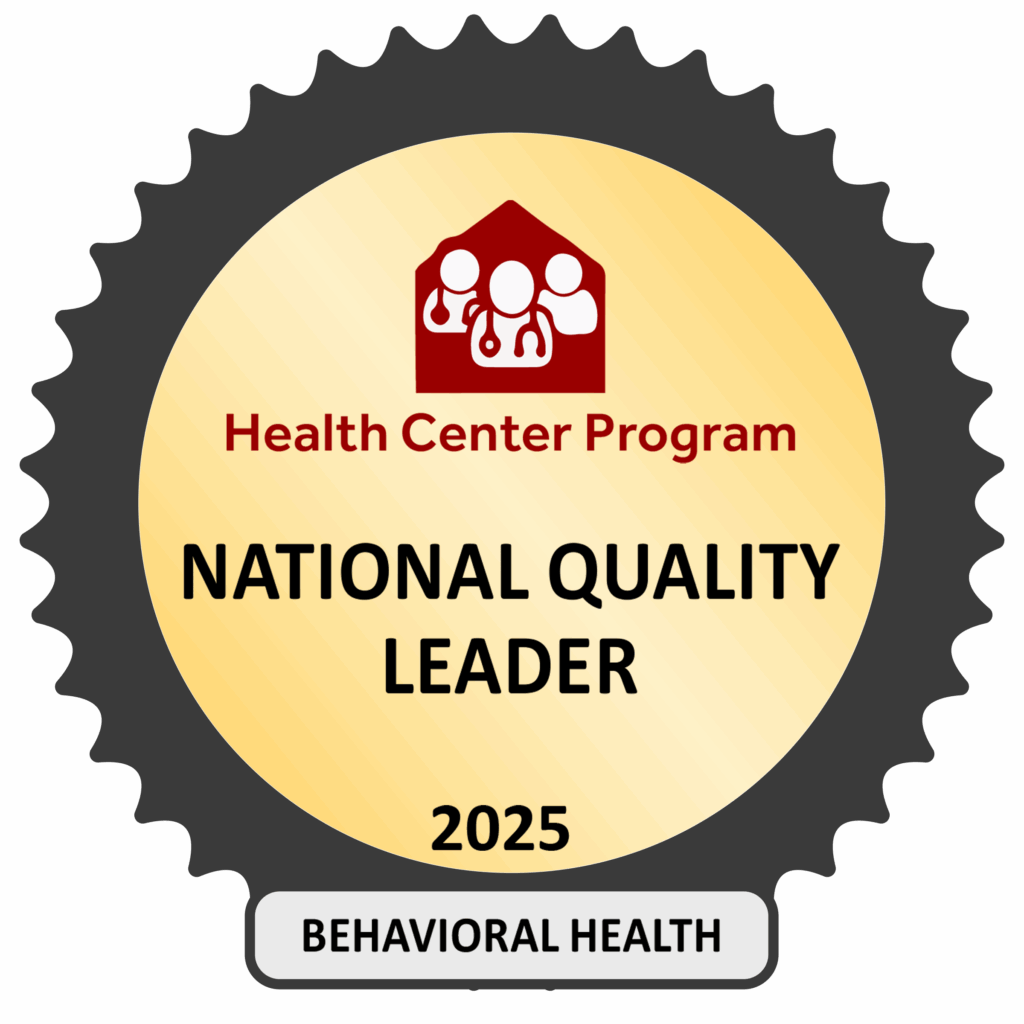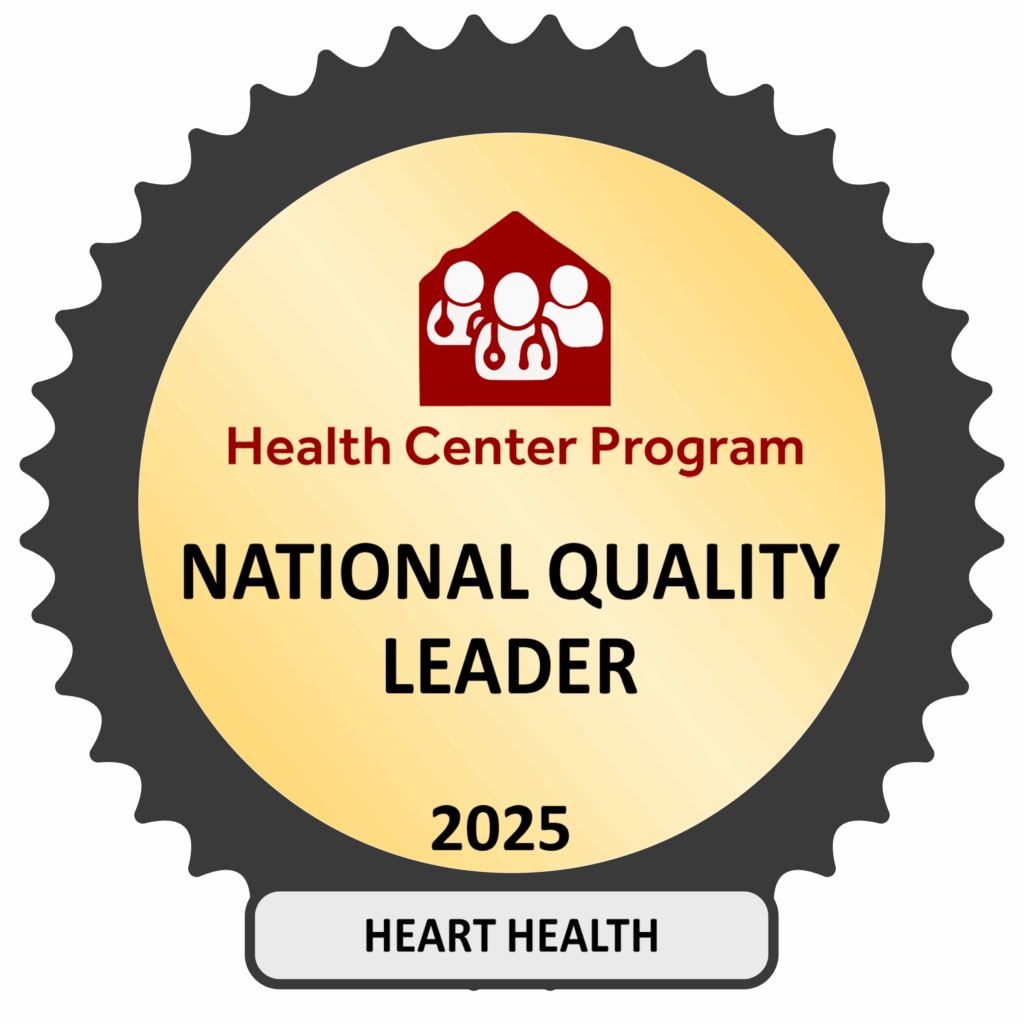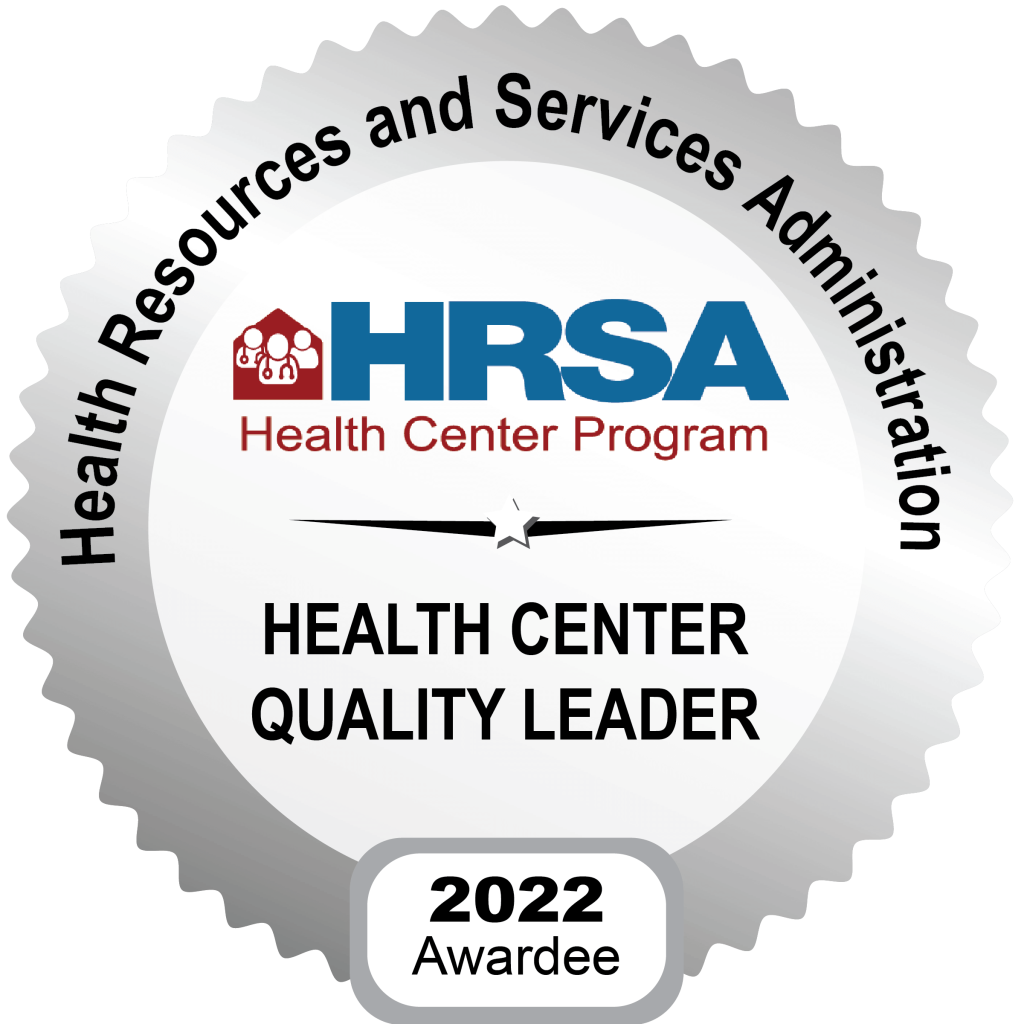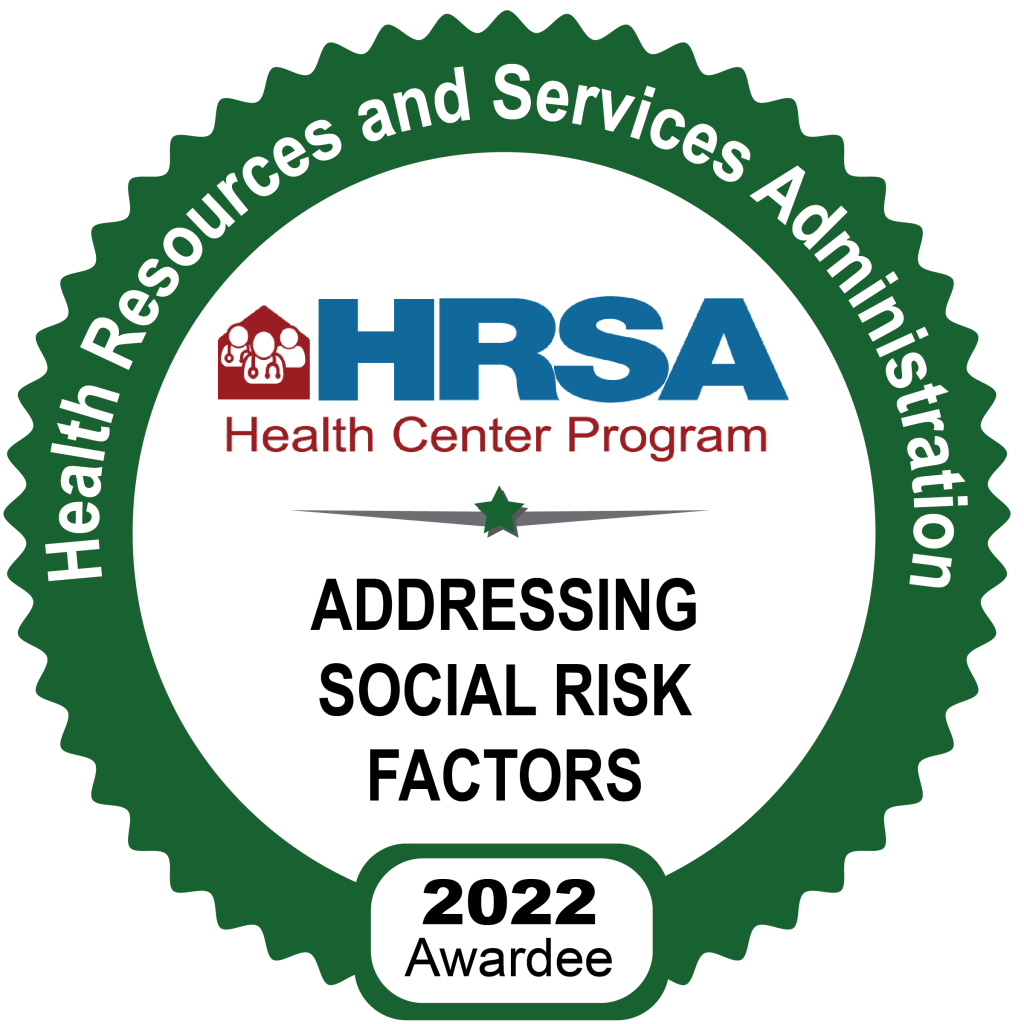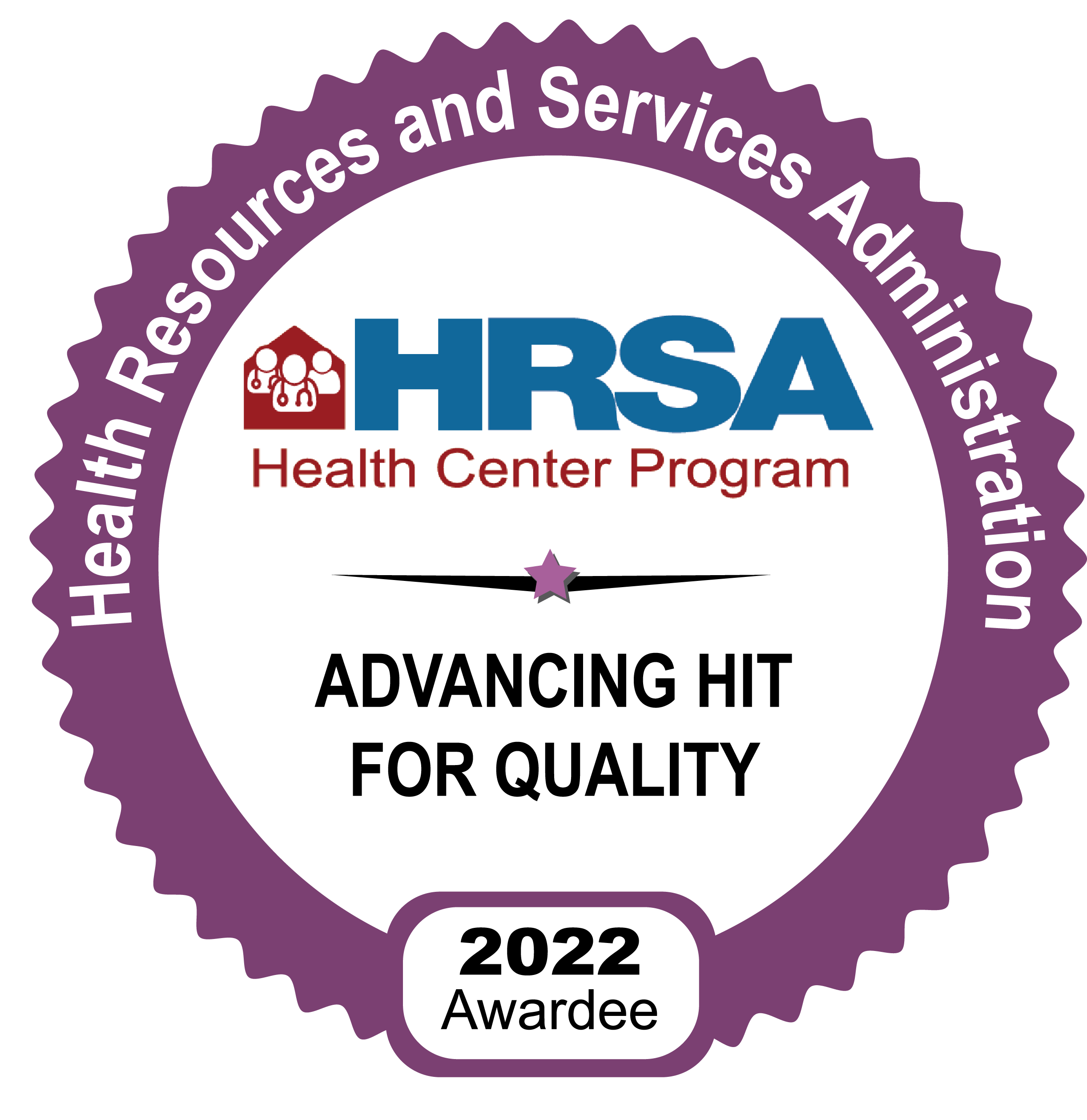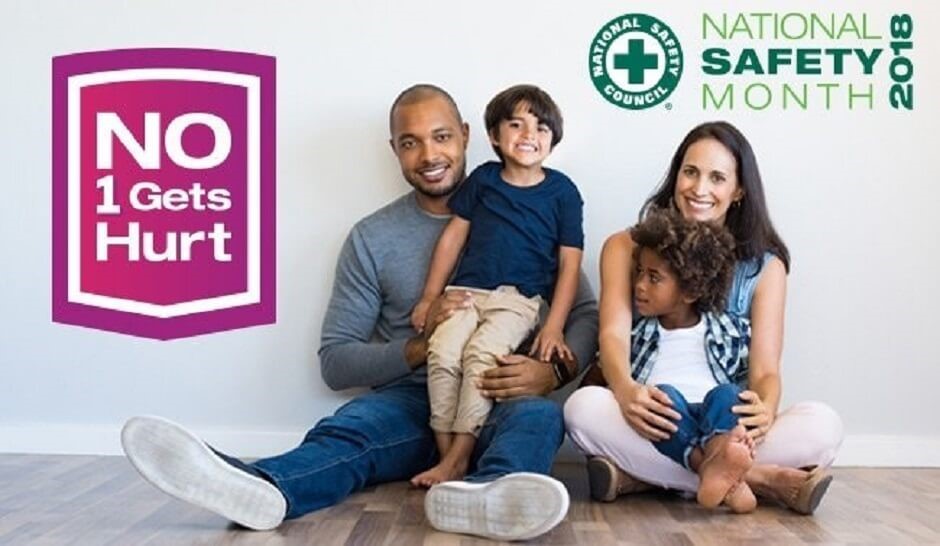
There are several heat-related illnesses.
Those most at risk include
• Infants and young children
•Elderly people
• Pets
• Individuals with heart or circulatory problems or other long-term illness
• People who work outdoors
•Athletes and people who like to exercise– especially beginners
• Individuals taking medications that alter sweat production
• Alcoholics and drug abusers. The best way to avoid a heat-related illness is to limit exposure outdoors during hot days. Air conditioning is the best way to cool off, according to the CDC.
•Drink more liquid than you think you need and avoid alcohol• Wear loose, lightweight clothing and a hat
• Replace salt lost from sweating by drinking fruit juice or sports drinks• Avoid spending time outdoors during the hottest part of the day, from 11 a.m. to 3 p.m.
• Wear sunscreen; sunburn affects the body’s ability to cool itself
• Pace yourself when you run or otherwise exert your body.
Heat-Related Illness:H eat stroke occurs when the ability to sweat fails and body temperature rises to a dangerous level quickly. It’s often fatal or results in organ damage. Someone experiencing heatstroke will have very hot skin and an altered mental state. Seizures can result. Ridding the body of excess heat is crucial.
•Move person into the shade in a half-sitting position
• Call for emergency help immediately
• Humidity below 75% – spray the person with water and fan them vigorously
• Humidity above 75% – apply ice to neck,armpits or groin
• Do not give aspirin or acetaminophen
• Do not give the victim anything to drink.
Heat Exhaustion: When the body loses an excessive amount of salt and water, heat exhaustion sets in. People who work outdoors and athletes are very susceptible. Symptoms are similar to the flu, and include severe thirst, fatigue, headache, nausea, vomiting and, sometimes, diarrhea.
They may also include profuse sweating, clammy or pale skin, dizziness,rapid pulse and normal or slightly elevated body temperature. Heat exhaustion can turn into heatstroke, so treat the victim quickly.
• Move them into sthe hade or air-conditioning
• Give water or other cool beverages
• Apply wet towels or put them in a cool shower.
Heat cramps: Heat cramps are muscle spasms usually affecting the legs or abdominals, often after physical activity. Excessive sweating reduces salt levels inthe body, resulting in heat cramps. Persons with pain or spasms in the abdomen, arms or legs should not return to work for a few hours.
• Sit or lie down in the shade
• Drink cool water or a sports drink
• Stretch affected muscles
• Seek medical attention for heart problems orif the cramps don’t get better in an hour.
Adapted from: https://www.nsc.org/home-safety/toolsresources/seasonal-safety/summer/heat
